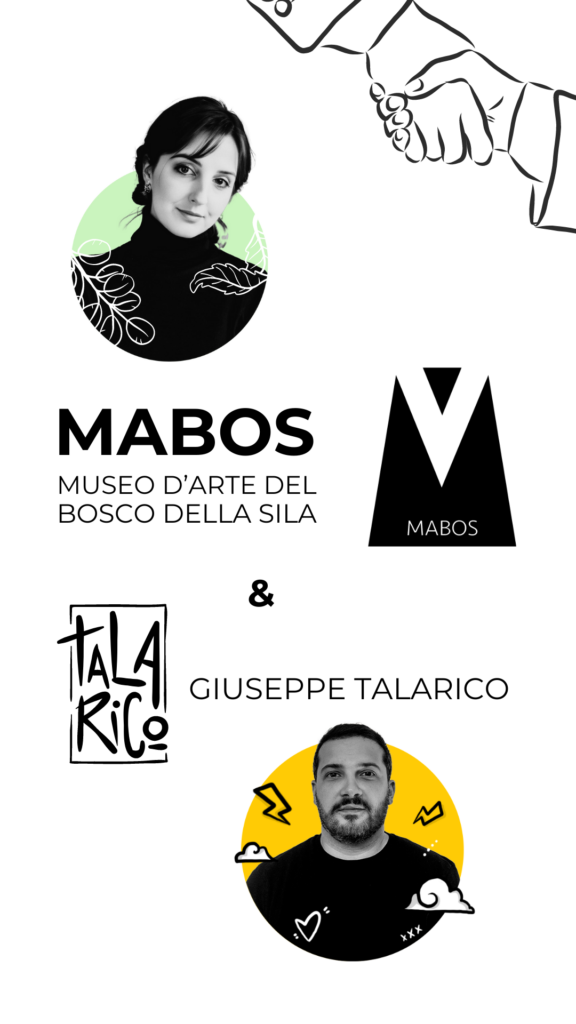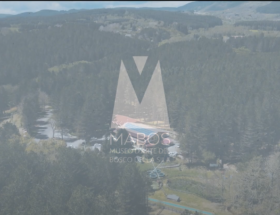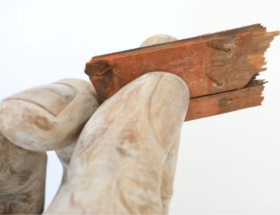The idea came as it often does: slyly, emerging from the folds of an absolutely random reading. One of those things that presents itself to you as a sign and, speaking of signs, has the power to prefigure a reality that is not yet in the present and therefore must be revealed. A sort of prosthesis of vision, a foreign body that doesn't truly belong to us but that we must have the luck (perhaps also the readiness) to welcome when it approaches, not to be distracted, not to be elsewhere. In those moments when I was there, I saw it. I was facing a piece of history in the Italian publishing landscape. La Lettura, a monthly magazine founded by Luigi Albertini in the distant 1901 – and whose model is still referenced today in the reissue related to Corriere della SeraI confirmed, through observation, that even before the content, it was the container that played a foundational role for that project, and indeed many artists were called to leave their mark. A table of the 1939 has opened the way: Bruno Munari It was showing me the prologue of a narrative that is certainly not new but is very relevant, even futuristic: we still need to rely on the power of images, and today more than ever make them a vehicle for positive messages, working towards the consolidation of new visual memories.
Nothing new, of course, but renewable. And this is already a sign of loyalty to History and its evolutions, a way to reveal what one wants to represent over time.

The The MABOS – Museum of Art in the Sila Forest has reached its seventh year of existence (or so it can be counted at least from the official founding date). Up until now, it has worked to strengthen its foundation, to give itself a healthy structure and aesthetic dimension. But it has also reinforced, with a view to civic ethics, the dialogue with the territory; it has promoted the challenge of presenting itself – not always easily – as a model of shifting perspectives, aspiring to redevelop an internal mountain area with artistic contaminations that do not invade or disrupt the existing balances.
The 2023 has been an interesting transitional year, crucial in many respects: a fluidity has emerged that confirms the museum’s adherence to the most current definitions of art, marked by hybridization and, contrary to what one might expect from an art park, the impact of technology. Now that the structure has been established, it is time to solidify and make memorable the mission and identity. Thus, a small manifesto is needed (more than one, in truth) – as Munari would say – that has the power to communicate to others that within our vision, there is something that concerns them, that belongs to them. Therefore, something that matters.
The project The Calabreseramong possible examples, has represented, with irony and freshness, models of iconicity that have managed, in just a few years of existence, to narrate Calabria and Calabrian identity, returning its historical and geographical locations, characters, and both concrete and abstract values. Covers of an imaginary magazine resulting from a collective effort that has also served as a showcase for many artists and thus assumed a dual value in terms of more incisive territorial enhancement, offering and welcoming perspectives on every possible resource. A mission we share, in different forms, but that makes us – right here and now – architects of a common destiny.
It is on this basis that today MABOS partners with Giuseppe Talaricothe artistic director of The Calabreser: a collaboration that will allow for mutual renewal, in images and content. Thus, our visual communication, which until now has followed a precise editorial line, will now see the succession of heterogeneous projects that will have their own specific artistic autonomy and will convey, in addition to the visual messages that the illustrations wish to express, also the hand of those who created them.
From this push toward a new dimension, begins the artistic season in 2024.
To all of us, good work and a pleasant stay.
Elisabetta Longo
Director, MABOS




